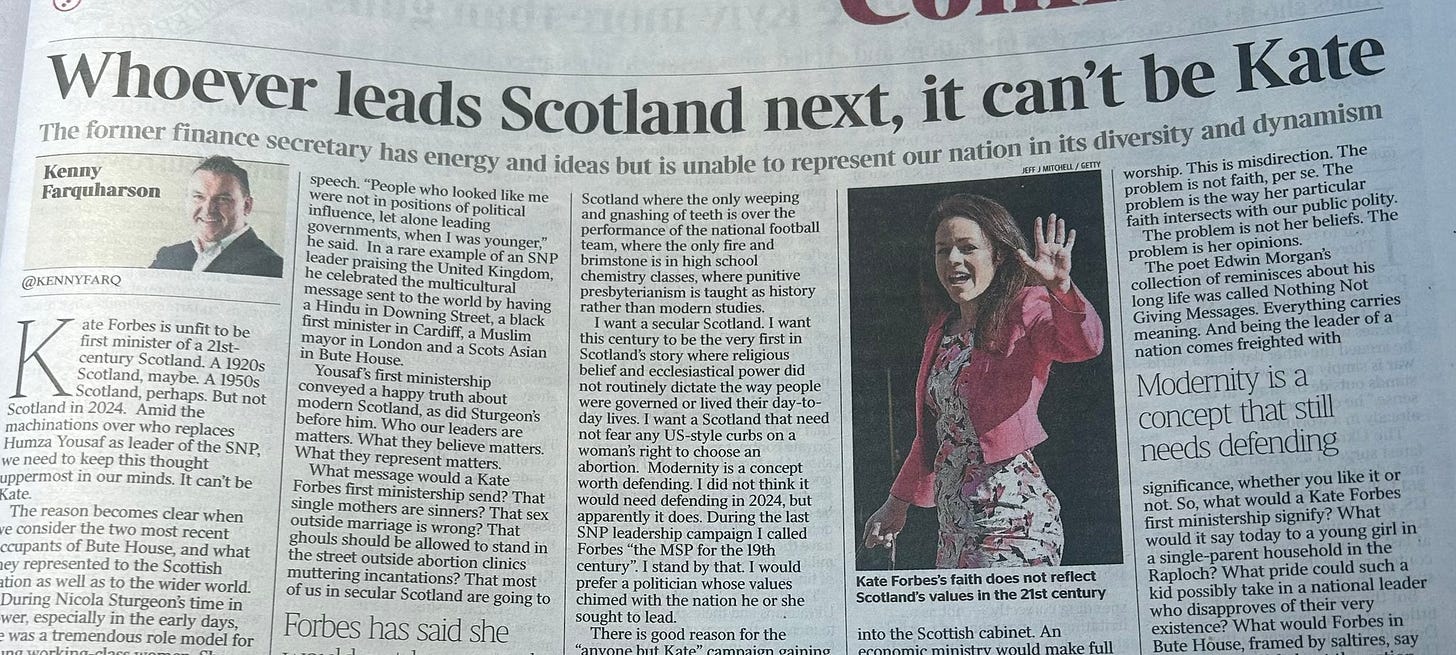I wanted to continue my thoughts on an earlier piece that I had written about presentism, and its cultural side-effects outside of academia. Presentism, the social and critical phenomena that is the application of contemporary morals and standards towards antiquity, has left the masses of the Western world more deracinated than at any other point in time in history.
A divorce from history, a consequence of the orgiastic high that has come from Liberalism’s alleged victories from the Cold War and the Second World War has left many smugly championing the cultural and economic victories while quietly ignoring the visceral transformations of their homes. Sometimes it’s not so quiet, like that of Richard Dawkins’ recent comments on the LBC.
Something about Dawkins, like that of Pinker, Hanania and the rest is that when data points are the primary mechanism of making the case against religion, tradition, or any other point that tends to argue against the excesses of our progressive system the concern for methodology tends to be thrown out the window. Or the famous Ian Malcolm line about never pausing to think about whether or not the cultural and civilizational bulwarks of the West should be torn down. Religion is just one facet of these bulwarks, alongside ethnic makeup, cultural expressions, and geographic markers that bring a civilization its character and life. The utopianism of New Atheism, whether by Dawkins and his ilk or just the optimism that came with the end of the Cold War that the old ideologies and religions could somehow pass away and we as the West could rise in glory with our new technologies and sciences to reach for the Heavens in order to bend them to our will. This notion was everywhere, and even more prevalent after the 2000 election as people looked at George W. Bush who was going to smash your face in with the Bible if you so much as looked funny. Characters like Brian Griffin and the countless episodes telling you how great the world would have been if there was no religion. Many of these episodes really only went after Christianity - although I’ll give the late Hitchens credit for going after Islam although his thirst for blood was quite apparent in his later years.
It isn’t just religiosity, although to remove religion all that comes is its inevitable replacement, but replacement of what came before is actively encouraged, subsidized, and mandated the foes of any historical nation or peoples. One can just look at this headline from Scotland and see the obvious.
This isn’t just Christianity, if anything it is a guise to attack her for the basis of her race more than her faith. After all the “cultural Christianity” arguments I’ve seen by many, from Dawkins to Ayann Hrsi Ali (echoing back to Samuel P. Huntington) is a softer way of addressing a growing racial and civilizational trainwreck happening in real time. I’m aware she had recently spoke at some sort of paneled event about her conversion, speaking with openness and vulnerability. I’m cynical in many ways, but given the resurgence (or at least what feels like a resurgence) of the faith in the midst of covid and the oft-ignored and abused men in the America (and the west in general). When there’s so much fear about “return of strong gods” why is that people flee to more traditional and masculine forms of Christianity or move to something completely outside of that framework? One only needs to look at the radical shift in demographics in Western nations, the decline in key changes in popular music over the decades, and the lowest common denominator being the central focus of music and cultural exports all of which put the majority demographics as the enemy. Perhaps this makes me a cynical Christian, and Lord help in me in my unbelief or judgement towards them, but it feels so sterile to say “I’m a cultural Christian” when you really can’t just come out and say that you are witnessing the ideas of your worldview aid in the cultural, racial, and historical erasure of what you once took for granted and spat upon? At least Ali had the gall to say something like that to Dawkins, even if only in the frame of her new beliefs.
What has come before has been thrown out, what once made for culture now deemed as “Whiteness” comes face to face with the reality that the narratives and histories of a collective group have been on the outs. What has come with the great divorce from history? The focus on the eternal now, the eternal present, that everything must be looked at through the progressive lens of the present, where all thins must be examined in the dynamic of the great push of progress for the inevitable (although the goalpost shifts) end of history?





